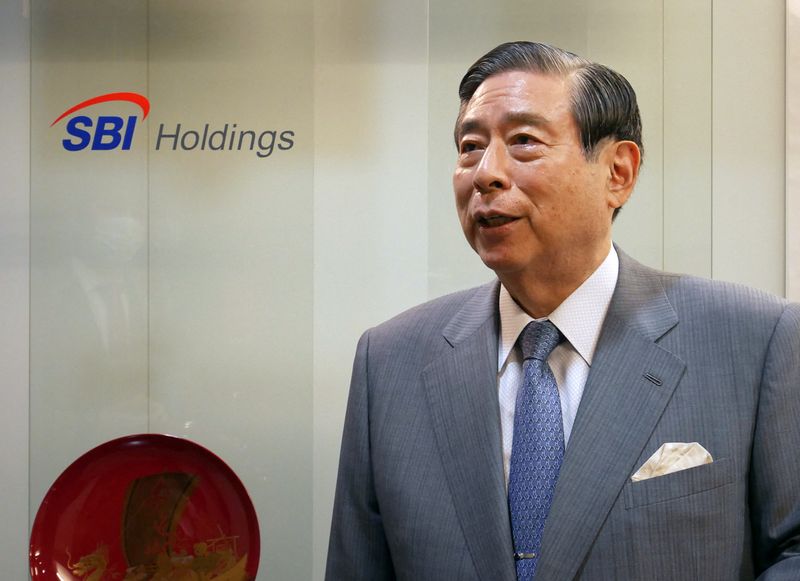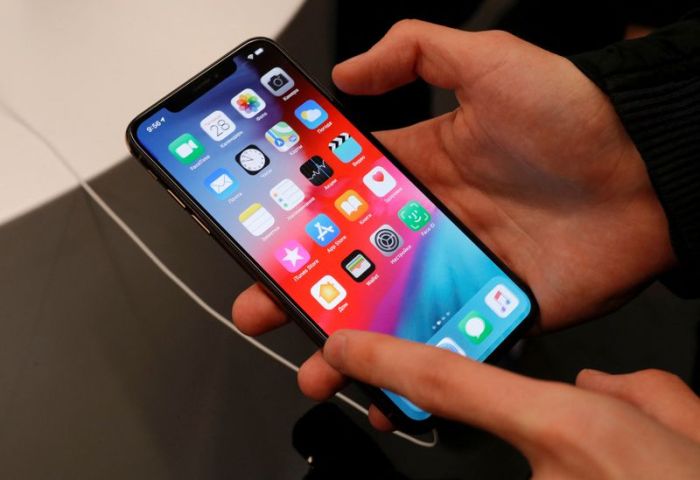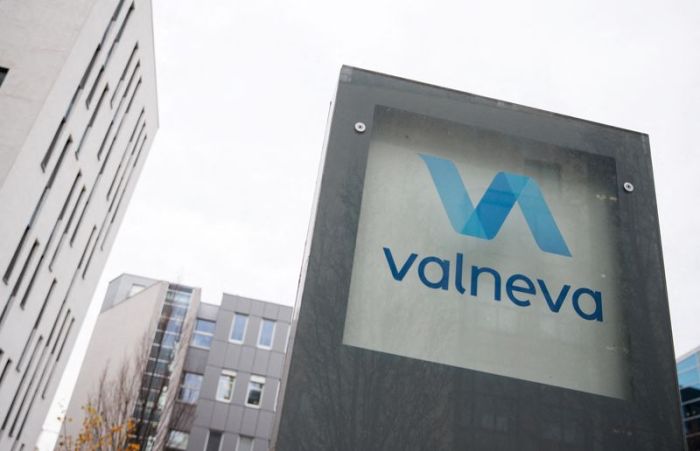TOKYO (Reuters) -The chief executive of Japanese online financial conglomerate SBI Holdings Inc said on Wednesday it is exploring the possibility of taking its listed subsidiary Shinsei Bank Ltd private to return $3 billion in public funds.
A delisting would be a key milestone for Shinsei, which has been unable to repay the public money its predecessor bank received two decades ago as its shares have long underperformed over years of low interest rates in Japan.
“It’s an option worth pursuing,” SBI’s chief executive, Yoshitaka Kitao, told a news conference.
The group took effective control of mid-size lender Shinsei in a tender offer this month.
Kitao said the group has begun the talks on the possibility and planned to discuss it with the regulator, the Financial Services Agency.
He said he would consider a range of possibilities including allowing Shinsei’s minority investors to swap their shares for SBI shares.
Shinsei Bank, with a market capitalisation of nearly 500 billion yen, still owes the government 350 billion yen ($3.09 billion) in public money.
As a result, the government still owns about 20% of Shinsei. In order for it to recoup the full amount lent by selling shares on the market, Shinsei stock would need to go up to 7,450 yen. Its shares closed up 5.9% at 1,907 yen on Wednesday.
Shinsei shares have struggled since its initial public offering in 2004, giving a total return of minus 74%, according to Refinitiv.
SBI, the financial unit of SoftBank Group until the firm left SoftBank in 2006, first took a stake in Shinsei after private equity investor JC Flowers & Co sold down its holding in 2019.
JC Flowers, together with buyout fund Ripplewood, bought Shinsei’s predecessor bank after it went bankrupt in Japan’s late 1990s banking crisis.
That made it the first Japanese lender to be owned by foreign investors and the subsequent initial public offering generated a huge profit for JC Flowers and Ripplewood.
($1 = 114.0900 yen)
(Reporting by Makiko Yamazaki; Editing by Tom Hogue and Kenneth Maxwell)

























